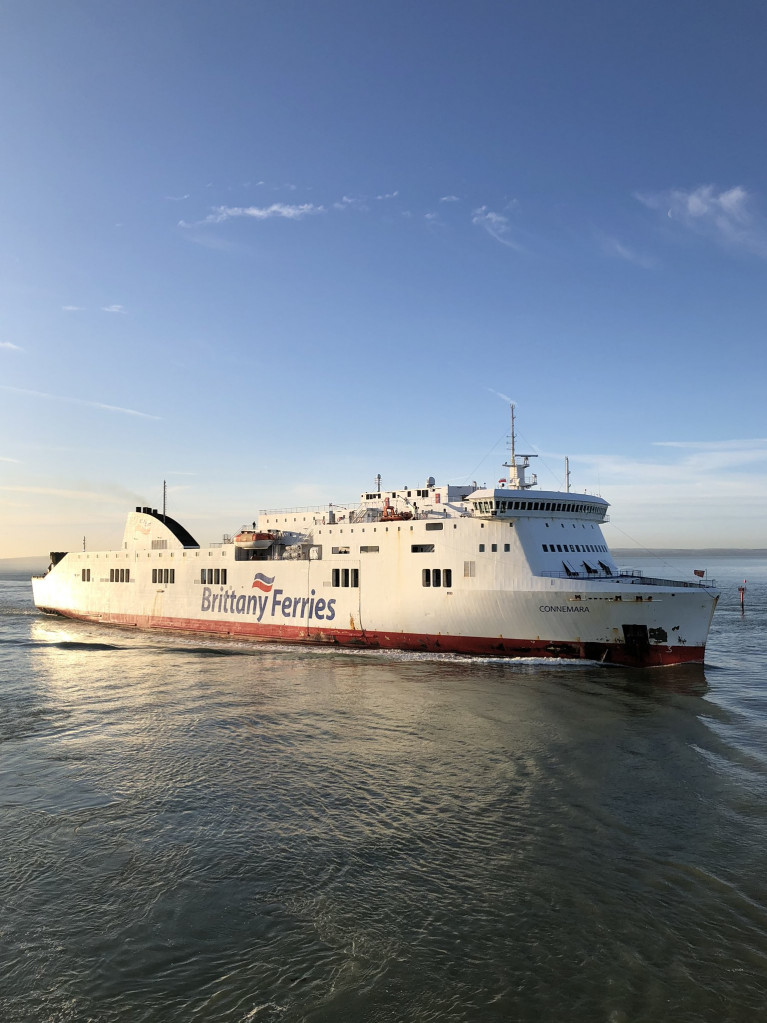Displaying items by tag: New Cherbourg route: 2021
Port of Cork Set for Increased Ferry Frequency to France (Plus in 2021 New Route from Rosslare)
Ferry operator Brittany Ferries, writes EchoLive, has announced plans to increase services out of both Cork and Rosslare in 2021, despite ongoing uncertainty amid Covid-19.
The Port of Cork will see as Afloat on Saturday reported a new midweek sailing from Cork to Roscoff in addition to the weekend service already in place.
The Armorique vessel will be used for the sailings, which is new to Ireland (albeit see relief duties last year)
The Pont-Aven, one of the company’s (which is the flagship) ferries, will continue to serve the main Cork to Roscoff (seasonal) sailings at the weekend.
This route serves primarily tourists, with an approximate 50-50 split between French and Irish holidaymakers.
The company said: “It will open more choice for those seeking a shorter break in either Ireland or France, with options to leave and return with Brittany Ferries, either mid-week or at the weekend.”
For more plus announcement of a new Rosslare-Cherbourg route also in 2021, click here.
AFLOAT adds Brittany Ferries is to reintroduce ropax Connemara (following this year's closure of Cork-Santander service) back to Irish waters but running out of Rosslare. Afloat however also consulted the operator's website and noted that another 'Visentini' built ropax Etretat (ex. Norman Voyager of former Celtic Link Ferries) is scheduled to operate the 'économie' branded route from November. (It should be noted the schedule was updated today).
Connemara originally launched the Cork-Spain route in 2018 before replaced by yet another Visentini built ropax the Kerry.
Currently, Kerry operates the relocated Ireland-Spain service of Rosslare-Bilbao. In addition to serving Brittany Ferries other second new route out of the Wexford ferryport, the seasonal service to Roscoff which was due to open in March but was delayed due to the initial impact of Covid-19 and related travel restrictions.
Afloat also consulted the Rosslare-Roscoff sailings scheduled for this season up to October (but not listed for 2021). So could it appear the overcapacity by Brittany Ferries themselves be at the expense? of yesterday's official announcement of their newest route of Rosslare-Cherbourg (also seasonal).
As passenger reservations currently available for services up to the end of October (2021) aply to the following routes: Rosslare – Bilbao, Cork – Roscoff and the aformentioned Rosslare – Cherbourg route but excludes any reference to the Wexford-Brittany link.




























































